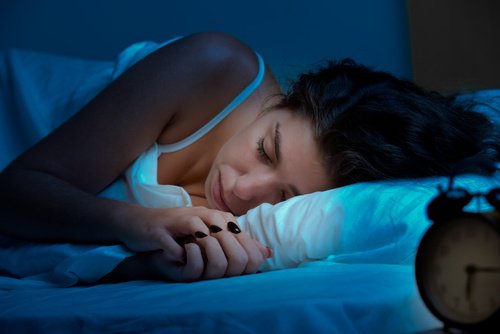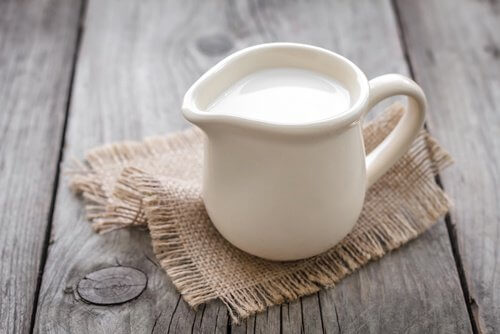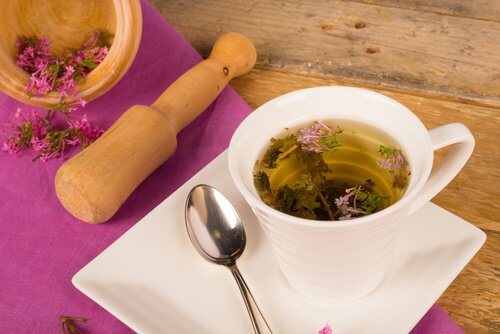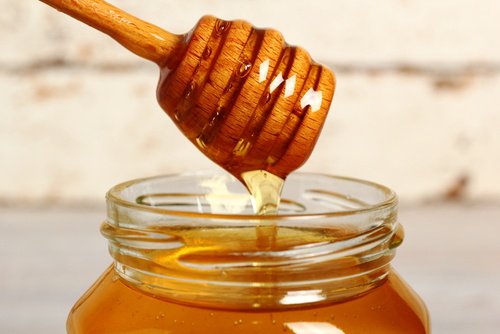9 Natural Ingredients to Get a Good Night's Sleep

Sleep is one of the most important biological activities for physical and mental health. But do you know all the “ingredients” involved in getting a natural, healthy night’s sleep?
Many people don’t know this, but our bodies carry out some very important functions while we’re asleep. These are important for the proper functioning of our organs and our emotional health.
The problem is that modern lifestyles generally cause problems, things we can see reflected in moods and overall health.
Insomnia and sleep disorders are closely related to lack of concentration, irritability, depression, and a series of illnesses that can impact your quality of life.
This is why it’s vital to pick up habits that can improve your sleep quality and improve your overall health.
Luckily, there are some natural ingredients you can eat or drink before bed to help you get a good night’s sleep. Keep reading to learn what they are!
Natural ingredients for a good night’s sleep
1. Milk

Warm milk is one of the most effective remedies for insomnia and sleep problems. This is thanks to its high calcium and tryptophan content. Tryptophan is an essential amino acid that increases the production of melatonin, a sleep hormone. All you have to do is drink a warm glass of milk before you go to bed to get these benefits!
2. Lettuce
A delicious salad with fresh lettuce is a great natural alternative to medicines when it comes to the things that stop you from getting a good night’s sleep.
This plant contains has painkilling and relaxative properties that can help reduce tension, headaches, and stress.
You might like:
3. Valerian

The calming properties of valerian are scientifically proven. Many pharmaceutical companies use it to produce medications for insomnia, depression, and pain.
Taking valerian extracts or infusions can increase your feeling well-being and boost sleep hormone production.
Valerian root also contains active ingredients that help relax the muscles, achieve emotional balance, and prolong your sleep.
4. Almonds
Almonds and other nuts are another one of our favorite natural ingredients for getting yourself a good night’s sleep. Like milk, their high tryptophan content will help increase your body’s melatonin production.
Also, almonds supposedly contribute a significant amount of magnesium, an essential mineral that relaxes the muscles and helps with sleep.
5. Honey

Honey contains a type of natural sugar that tells the brain that it slow down orexin-A production. This substance has a link to the inability to sleep uninterruptedly. Just add it to hot tea or a little hot water.
6. Dark chocolate
A small amount of dark chocolate provides an extra boost of antioxidants to the body and increases sleep quality. This delicious food stimulates the production of serotonin, a hormone that relaxes the body and the mind.
7. Bananas

Many natural health experts say that bananas are the best medicine for getting healthy sleeping. The advantage of natural remedies over conventional drugs is they don’t have side effects and also have nutrients that are good for your health.
Read more:
Bananas are a natural source of tryptophan and can also stimulate serotonin production. Plus, they provide plenty of potassium and magnesium, two essential minerals that relax muscles and the nervous system.
8. Passion flower
Passion flower (Passiflora incarnata) is a traditional herb used in many cultures to calm the nerves and induce sleep.
It contains an active substance called harmine, which increases serotonin and melatonin production. This doesn’t produce negative reactions in the nervous system. You can give passionflower tea to both children and adults in moments of stress, tension, or trouble sleeping.
But don’t take passion flower remedies in excess because they can cause drowsiness throughout the day.
9. Chamomile
Chamomile extract and infusions can help diminish tension and act as calming agents that contribute to better sleep.
These remedies are very gentle on the body and contain properties that relieve stress, pain, and digestive problems.
Lastly, remember that, on top of using these natural ingredients, you should create a pleasant atmosphere in your bedroom and make it as comfortable as possible for when you go to sleep.
All cited sources were thoroughly reviewed by our team to ensure their quality, reliability, currency, and validity. The bibliography of this article was considered reliable and of academic or scientific accuracy.
- Ghorbani, A., Rakhshandeh, H., & Sadeghnia, H. R. (2013). Potentiating Effects of Lactuca sativa on Pentobarbital-Induced Sleep. Iranian journal of pharmaceutical research : IJPR, 12(2), 401-6.
https://www.ncbi.nlm.nih.gov/pmc/articles/PMC3813237/ - Kitano, N., Tsunoda, K., Tsuji, T., Osuka, Y., Jindo, T., Tanaka, K., & Okura, T. (2014). Association between difficulty initiating sleep in older adults and the combination of leisure-time physical activity and consumption of milk and milk products: a cross-sectional study. BMC geriatrics, 14, 118. doi:10.1186/1471-2318-14-118
https://www.ncbi.nlm.nih.gov/pmc/articles/PMC4247642/ - Zeng, Y., Yang, J., Du, J., Pu, X., Yang, X., Yang, S., & Yang, T. (2014). Strategies of Functional Foods Promote Sleep in Human Being. Current signal transduction therapy, 9(3), 148-155.
https://www.ncbi.nlm.nih.gov/pmc/articles/PMC4440346/ - Bent, S., Padula, A., Moore, D., Patterson, M., & Mehling, W. (2006). Valerian for sleep: a systematic review and meta-analysis. The American journal of medicine, 119(12), 1005-12.
https://www.ncbi.nlm.nih.gov/pmc/articles/PMC4394901/ - Meng, X., Li, Y., Li, S., Zhou, Y., Gan, R. Y., Xu, D. P., & Li, H. B. (2017). Dietary Sources and Bioactivities of Melatonin. Nutrients, 9(4), 367. doi:10.3390/nu9040367
https://www.ncbi.nlm.nih.gov/pmc/articles/PMC5409706/ - Zick, S. M., Wright, B. D., Sen, A., & Arnedt, J. T. (2011). Preliminary examination of the efficacy and safety of a standardized chamomile extract for chronic primary insomnia: a randomized placebo-controlled pilot study. BMC complementary and alternative medicine, 11, 78. doi:10.1186/1472-6882-11-78
https://www.ncbi.nlm.nih.gov/pmc/articles/PMC3198755/
This text is provided for informational purposes only and does not replace consultation with a professional. If in doubt, consult your specialist.








